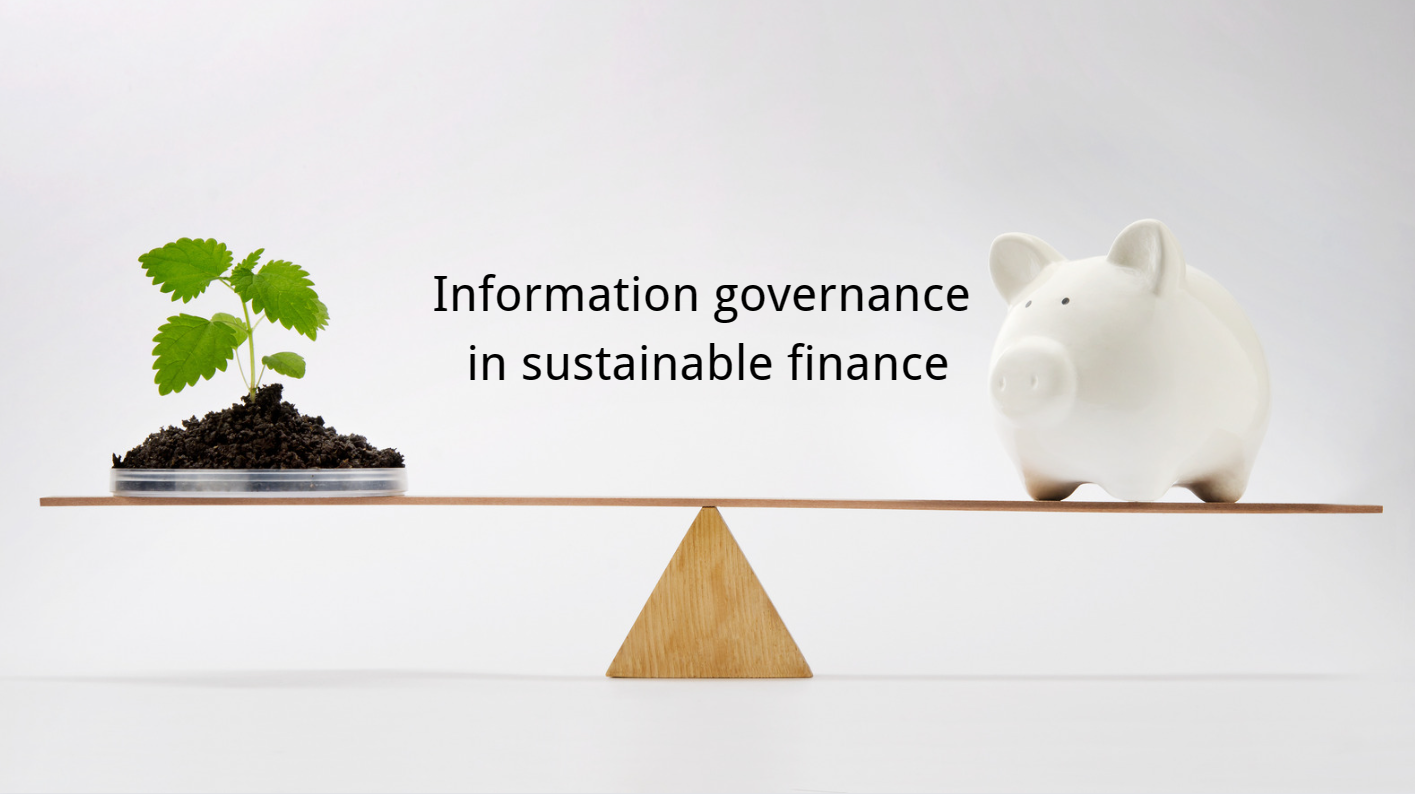Banks Can Bet Big on Social Impact
Imagine a world in which banks are seen as key actors in solving some of the biggest challenges facing society—rather than as a source of them. And where their social performance not only helps address big problems, but also strengthens their financial performance. Such a reality is within reach; banks just need to seize it.
Social challenges around the world are gaining in urgency. The fallout from COVID-19, continued civil unrest, and a looming global economic downturn have only reinforced the view that increasing inequality is a pressing systemic risk. At the same time, as governments and business mobilize to address climate change, it is becoming clear that environmental and social issues are inextricably linked. Not only does a warming planet threaten to worsen global inequities, but the failure to ensure an equitable energy transition also limits the odds of success for far-reaching climate action.
Financial institutions are uniquely positioned to have a broad and sizeable impact on many social challenges owing to their critical role in society. They serve as fiduciary stewards, allocators, and distributors of capital across the global economy and directly impact the ability of people to manage their money and build wealth. At the same time, there is a clear and expansive business case for creating solutions to address social issues—including gaining access to new and fast-growing markets, improved financial performance and cost of capital, enhanced ability to attract talent, and reduced reputational and regulatory risk.
Yet aside from a few forward-looking institutions, most banks today apply a rather limited lens to this opportunity. They tend to devote the most attention to the set of “S” topics that are included in current environmental, social, and governance (ESG) rating agency frameworks—such as focusing on DEI goals in leadership and hiring, developing culturally relevant marketing strategies, or ensuring consumer data protection. Certainly, these are critical topics. But we believe banks can take a more comprehensive view of their social performance and fundamentally reimagine their role in society. To achieve this, they must look at all the ways in which banks shape the world through each line of business, from retail and small business lending to capital allocation decisions to the social impact of their corporate borrowers and investments.
This is a complex undertaking with multiple topics that often require different solutions in different locations. Unlike the climate domain, which is guided by clear targets and frameworks, there is no “net zero” for social. However, banks can start their journey by assessing three areas of opportunity to advance social impact: their employees, their customers, and the impact created further down the line by their corporate clients and investments. From there, banks can develop a blueprint for action, a step we will explore in a detailed report in early 2023.
The Business Case for Integrating Social Into the Core Business
In recent years climate, not social, has been at the center of bank sustainability strategies. Yet, in the same way that there is a compelling business case for climate action, a case for social is becoming more evident. Banks that seize the social opportunity stand to reap significant rewards in terms of both value creation and risk management. The imperative for acting on social issues is even stronger given the interplay between climate action and social inequity. (See “Why Climate Action Demands a Social Lens.”)






















































First, please LoginComment After ~